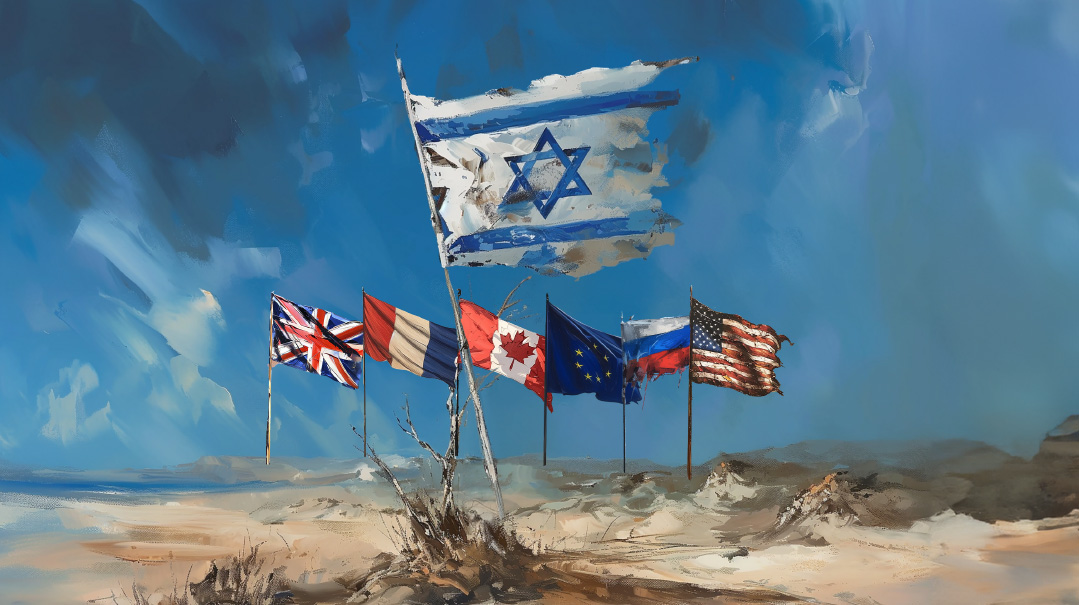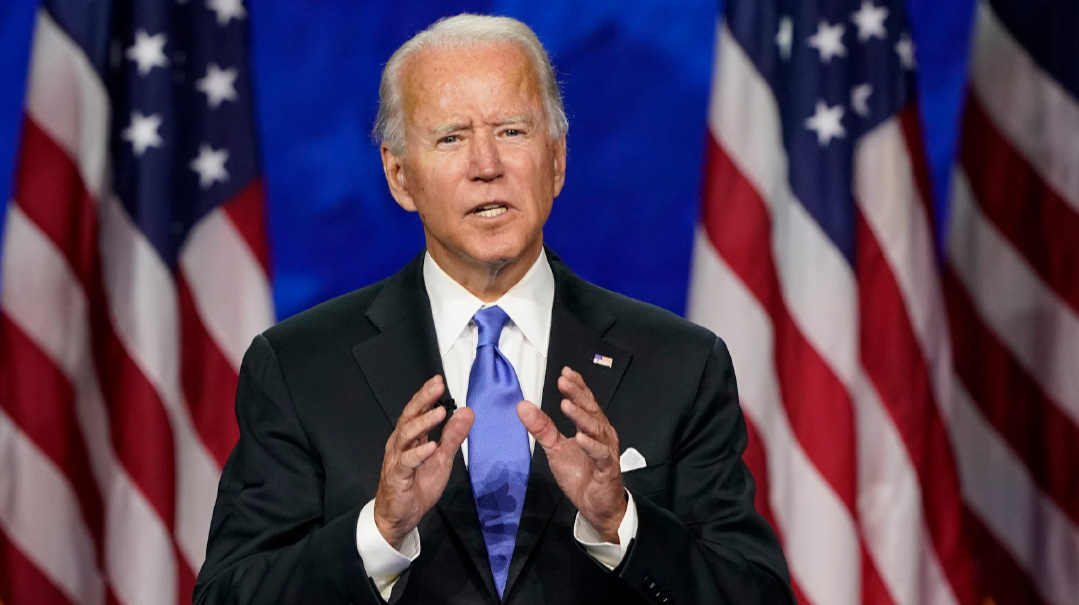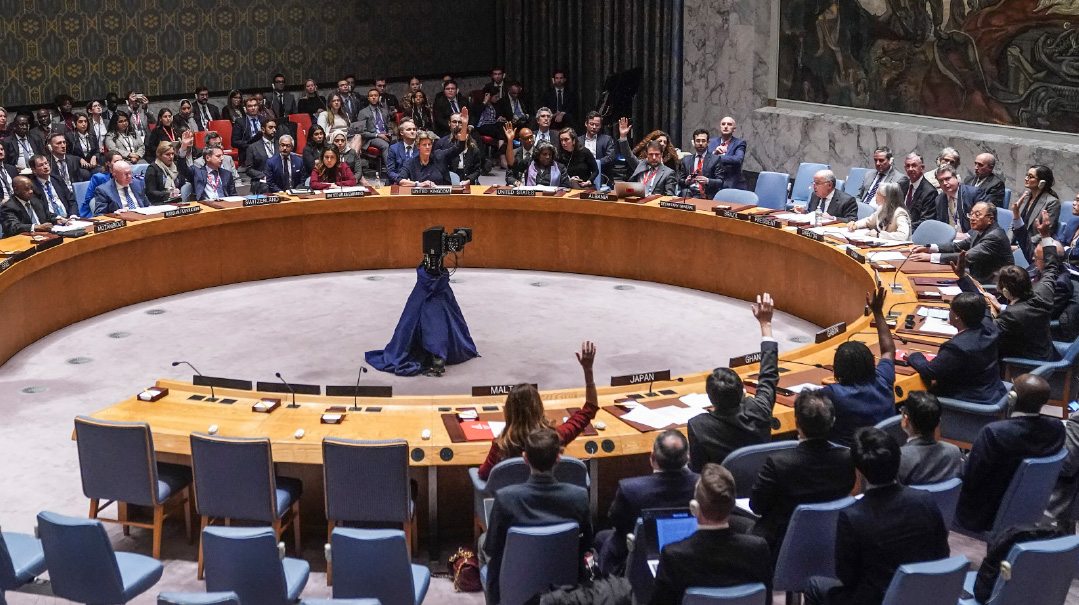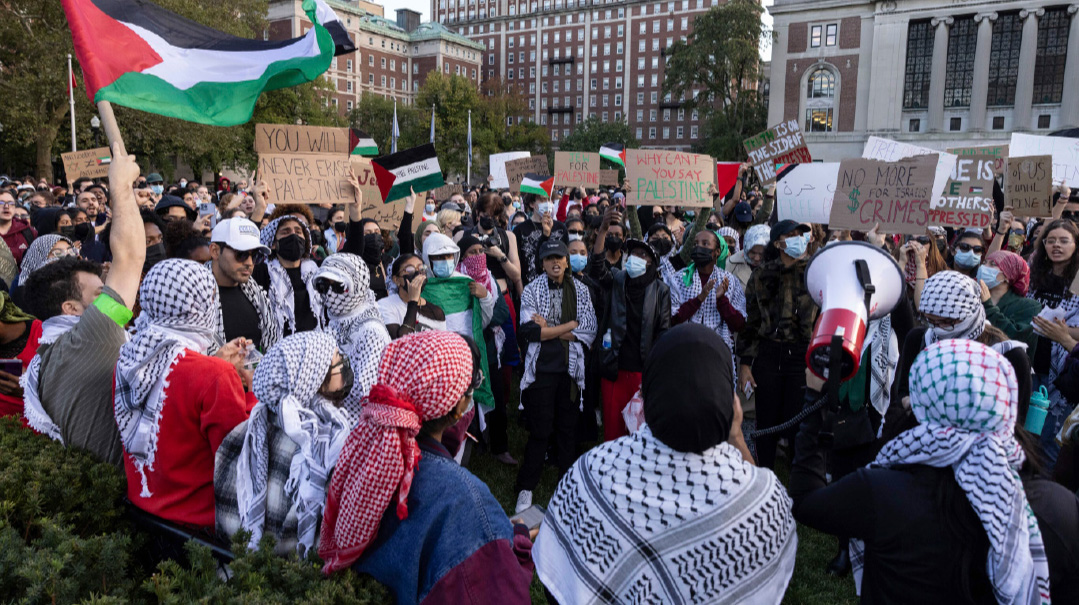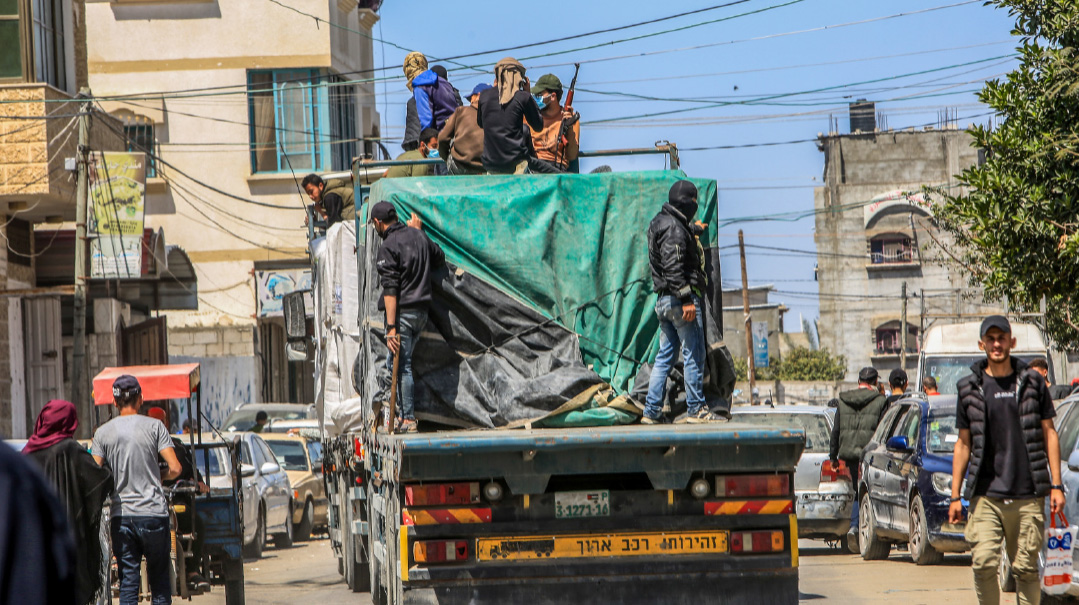The Situation Is Dire — But It Can Still Be Saved
| April 9, 2024When Jews can’t wear a yarmulke or won’t wear a Magen David, this is very worrisome
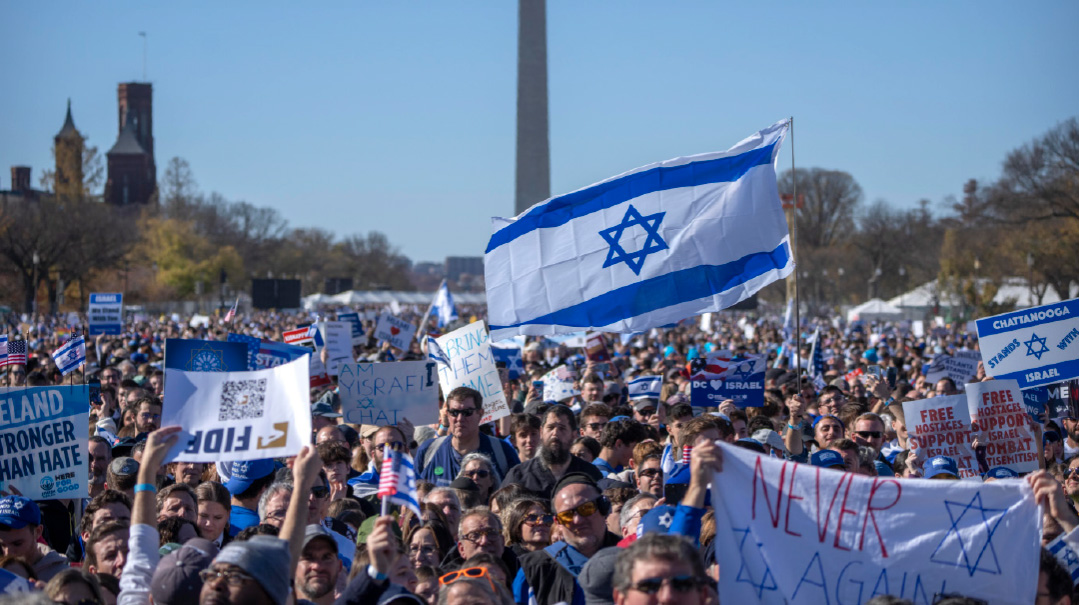
Photo: AP Images
T
always rejected comparisons people made to the times before the Shoah. I used to say that “the world has changed, we have a Jewish state with a Jewish army, we have learned the lessons, and we will not let it happen again.” But sadly, I think we can now see some similarities to those times. Even Holocaust survivors feel very concerned; they say that this is what they remember from 80 years ago.
Our generation took our secure position for granted in the post–Cold War period. We feel as if we have just gone through a sort of golden era — but during that whole time, pro-Palestinian groups were expanding their anti-Semitic efforts, with BDS, and with building networks in the universities. We are now seeing the product of all that.
When Jews are so intimidated that they can’t publicly express themselves or identify as who they are; when Jews can’t wear a yarmulke or won’t wear a Magen David, this is very worrisome.
Although Israel still retains the support of the vast majority of the American people, of the members of Congress, and of elected officials, this is not something we can take for granted. There is a growing chorus of extremist voices that is crowding out the center, and the longer the war goes on, the greater the challenge this chorus presents. These voices have begun to impact the political process in an election year. We have to work harder to make Israel’s case, and Israel has to do a better job of presenting its own case, because the facts support our side much more than people know. But we have to know what we’re up against.
The American people want to be with Israel, but they are being pulled hard the other way. We must understand that we have come to this situation mainly because the opposition is much more active. They are well funded, and they have made common cause with other elements fighting for other issues, in an emerging trend called “intersectionality.” Causes that have seemingly nothing to do one with another, like climate change and “free Palestine,” join forces, and then we see Palestinian flags at climate marches.
It becomes a way to demonstrate against America, against Western values. This is part of the “woke culture” that has permeated our campuses and our society. The extremists are skilled at spreading misinformation and disinformation, and their networks enable them to do so widely and quickly.
That’s why the need for our side to present factual information, in fast and credible ways, is more critical than ever. We need to have clear spokesmen who can educate the public and give them timely information about the facts. We should invest much more in showing the pictures of what efforts Israel has made in helping the people of Gaza — building field hospitals, facilitating the flow of water and energy. We must identify and appoint spokespeople whom audiences in America, in Europe and elsewhere will be more receptive to.
We have to recognize that our adversaries have also built grassroots political support. They embarked on a strategy of electing people to low-level local offices, like city councils. Now 70 cities have passed resolutions calling for a cease-fire in the Gaza war. They have been successful in mobilizing people, especially left-of-center people, to identify with their cause.
We must also remember that they have infiltrated the public schools and spent years educating young people, from kindergarten through high school. Qatar has spent billions of dollars to extend its influence in universities, in high schools, even in kindergartens. So it’s not surprising that a generation has emerged that expresses intense anti-Israel feelings. They’re also anti-America and against Western values. This is what they’ve been taught. But Israel becomes the focus for their ideology.
So there is an urgent need for us to mobilize, as we did in last November’s March for Israel, when we brought 300,000 people to Washington. We can’t do that every week. But we have to continue to work and to educate and to present the facts.
President Biden has generally had a good record on Israel, even going back to when he was in Congress. Also, after October 7, America continued to supply Israel with arms, stating that Israel has the right to defend itself, and not asking Israel to stop the war. But the US abstention from the March 25 UN Security Council vote regarding a cease-fire was a change. And we look on with concern at the White House’s recalibration of statements on Israel, making them much tougher. The harsher language is a reflection of the domestic political challenges they face that could impact the election.
Here we should note that the term “cease-fire” has to be carefully analyzed and taken in the proper context. If President Biden asks for a cease-fire in order to allow hostages to be returned, with the understanding that once it’s over, then Israel can return and finish the job, that’s something Israel and the US should work out. But if the US is saying, “Israel, you should get out of Gaza and not finish the job,” that would be devastating not just for Israel, but also for America.
It will also be devastating for all our allies, including those in the Arab world. Every Arab leader we hear from wants Israel to eliminate Hamas. If Hamas is able to emerge from this war, it will pose a threat to Egypt, to Jordan, and to Saudi Arabia. That’s why they must see that the West, especially United States, is standing solidly behind Israel.
Finally, we have a special responsibility to support our friends on Congress. This can pay substantial returns. We see this with people like Senator John Fetterman. When he was elected, many Jews had no expectations that he would be a strong voice for Israel. Now he’s turned out to be a great friend, and his political numbers have gone up, because people like his pro-Israel position. This shows that the situation can still be saved.
But we have to look back in order to look forward. Moshe Rabbeinu, Mordechai, and others did not bow down, they didn’t succumb to despair. And we in America have to learn that we have to stand up in the same respectful and responsible ways that they were able to use, to change the political situation.
The Haggadah teaches us that “b’chol dor vador omdim aleinu l’chaloseinu.” It doesn’t say amdu, “they stood,” but omdim, “they stand.” It’s alerting us that in every generation, we have to be aware that we have enemies who seek to destroy us, and we must stand against them with courage. Our generation’s turn is coming now. —
Malcolm Hoenlein has been the executive vice chairman of the Conference of Presidents of Major American Jewish Organizations since June 1986. In addition to long being active in world affairs, he has taught international relations and served as a Middle East specialist at the Foreign Policy Research Institute.
(Originally featured in Mishpacha, Issue 1007)
Oops! We could not locate your form.

